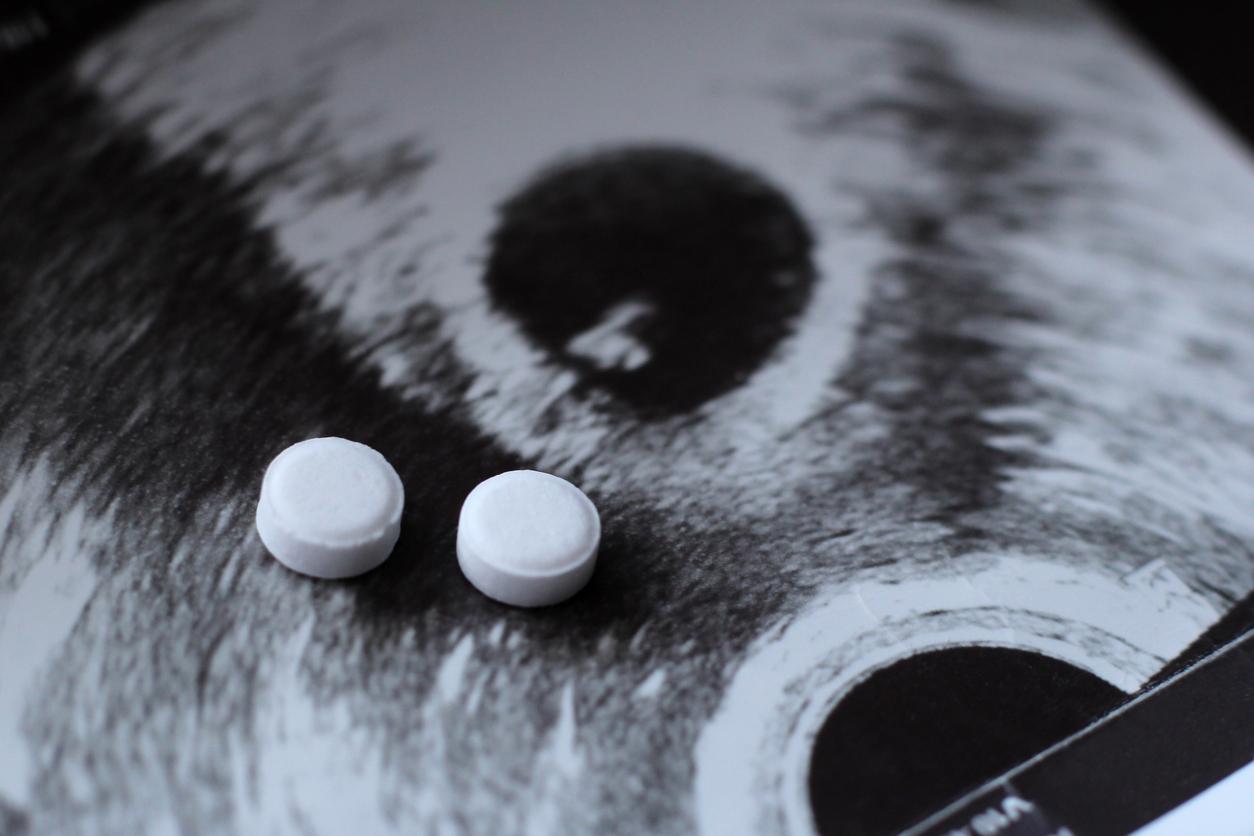Recently, BFM Tech pinned the company Fazup, which sells its “anti-radiation patches” on social networks to stick on the smartphone. It is written everywhere that their effectiveness is “scientifically proven”, that they allow to calm the sensations of headaches, tinnitus, sleep disorders … Advertising focuses on pregnant women: a patch of this type stuck on the cell phone really avoid exposing the fetus to the waves?
The article highlights the method applied in the famous patches. They are equipped with a metallic circuit, which makes it possible to “phase out” the waves, to cancel them. This is a principle that has been known for a long time, but which would in fact not be useful in the case of smartphones. In 2013, the National Health Security Agency underlined in its “radiofrequency and health” report that the fact of blocking the waves of the phone encouraged him to produce more to compensate.
Precisely, this is the criticism made to this type of patch: there are no tests that can scientifically prove their effectiveness. The product is mainly based on a campaign with the main focus on the anxiety of mothers and future mothers during pregnancy.
How to limit waves during pregnancy?
So how do you limit exposure to waves when you’re pregnant? It may be useful to opt more for the use of a hands-free kit rather than a classic call, to favor text messages, to put your smartphone in airplane mode as soon as possible. There is a indicator which allows to know the quantity of waves emitted by the telephone: this is the specific absorption rate (SAR), the lower its value, the less waves the phone emits. It is also recommended to avoid placing the phone, computer or tablet on your stomach.
Read also:
- No cell phone for pregnant women
- Improve the follow-up of pregnant women by a biological diagnosis
















